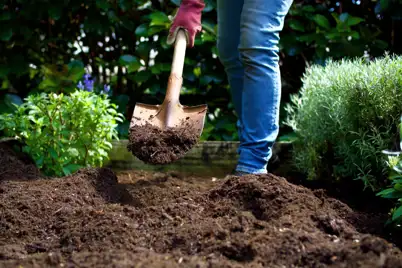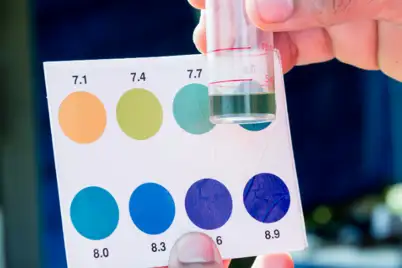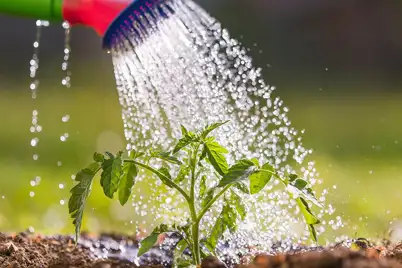Inorganic fertilisers are fertilisers that come from non-living materials including minerals (e.g., limestone) or are manufactured from a variety of processes and ingredients (i.e., synthetic, e.g., Urea). These can be highly concentrated and are used in specific situations.
Inorganic fertilisers can be recommended where odour is an issue (for example, feeding indoor plants), where soil chemistry needs to be changed (e.g., soil pH), or when faster results are needed.
Powdered & Granular Fertilisers
These come in different formulations to suit different types of plants. These usually contain a high proportion of soluble nutrients, so it's important to apply to moist soil and water well after application.
Water Soluble & Liquid Fertilisers
These types of complete fertilisers are designed to dissolve rapidly in water and are applied directly to the plant by a watering can or a hose-spray attachment.
Slow Release and Controlled-Release Fertilisers
As the name suggests, slow-release fertilisers release nutrients slowly to plants over weeks or months. This is achieved through special chemical formulations or the use of natural ingredients like poultry manure. Controlled release fertilisers also release nutrients to plants gradually over time and consist of a soluble NPK fertiliser particle surrounded by a protective, permeable coating.




